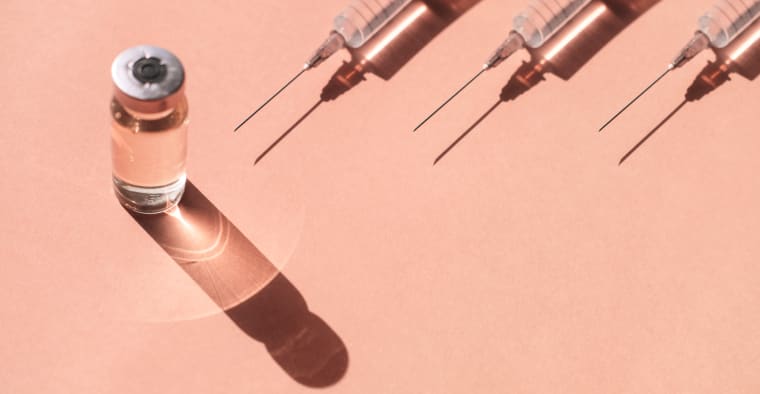Fake Botox Points to a Bigger Problem with Counterfeit Drugs

Letting someone inject Botox — a treatment composed of the toxin that causes botulism — into your body is a leap of faith. And for an increasing number of patients, that faith has been ill-founded.
As of mid-April 2024, 22 women across 11 states have reported falling ill after receiving counterfeit Botox injections. The patients range from age 25 to 59, and all but one of them was receiving the so-called "Botox" injections for cosmetic purposes. (Botox can also be used to treat chronic migraines, excessive sweating, overactive bladder and lazy eye among other conditions.)
The botched treatments caused symptoms similar to those that appear when botulism is foodborne or picked up through an open wound: visual problems, trouble swallowing or speaking, breathing difficulties and facial weakness.
And unfortunately, these events are not total anomalies.
Why are counterfeit drugs on the rise?
Many other drugs are also commonly counterfeited, particularly pricey ones in high demand.
The smash-hit diabetes-management-turned-weight-loss drug Ozempic, for example, has been counterfeited extensively. Its parent company, Novo Nordisk, reported in December 2023 that it "[became] aware of several thousand units" of the drug that are outside of its authorized supply chain. (Ozempic and its sister semaglutide drug, Wegovy, can cost upwards of $1,000 per month for patients paying out of pocket.)
And a counterfeit version of Symtuza — an HIV treatment whose retail price regularly eclipses $4,000 for a 30-pill course — has also been spotted in at least three U.S. pharmacies, said its manufacturer Janssen in 2020.
It’s not news that the cost of prescription medications in America is high. According to one ValuePenguin survey, almost a third of Americans paying for prescription medications call their cost a financial strain.
But when patients are incentivized to seek out a bargain on their medications, counterfeits — which are often made overseas and smuggled into the U.S. to be sold at lower-than-market prices — can start to gain popularity. And as we can see from the fake Botox scandal, that’s a dangerous set of conditions.
It’s nearly impossible for consumers to know exactly what counterfeit drugs contain, and they often are made up of the wrong ingredients — or, if they have the right ingredients, they may have too much or too little.
How to avoid counterfeit drugs — and afford authentic ones
The Food and Drug Administration (FDA) is aware of the counterfeit medicine problem — and, in statement, maintains that despite these occurrences, "The U.S. drug supply is among the safest in the world." The FDA also outlines key was to ensure the medications you receive are the real deal:
- If it’s a drug you’re familiar with, look carefully at the treatment itself along with any packaging to see if its appearance is different.
- Look out for new or unusual side effects you haven’t experienced with this drug before.
- Take extra care with drugs purchased from online pharmacies. While many are legitimate (and can help you save substantial costs on prescription medication), there are always bad actors out there to be aware of.
Furthermore, if you’re receiving a medical treatment like Botox, always be sure to do so with a qualified medical professional. (All of the women affected by the fake Botox wave described above said they received the treatments from unlicensed or untrained practitioners or otherwise in non-medical settings.)
And if you’re looking for more ways to afford your prescription medication, consider adding prescription insurance to your health care plan — or keep your fingers crossed for legislation aimed at lowering the cost of medicine to go through.
Editorial Note: The content of this article is based on the author’s opinions and recommendations alone. It has not been previewed, commissioned or otherwise endorsed by any of our network partners.